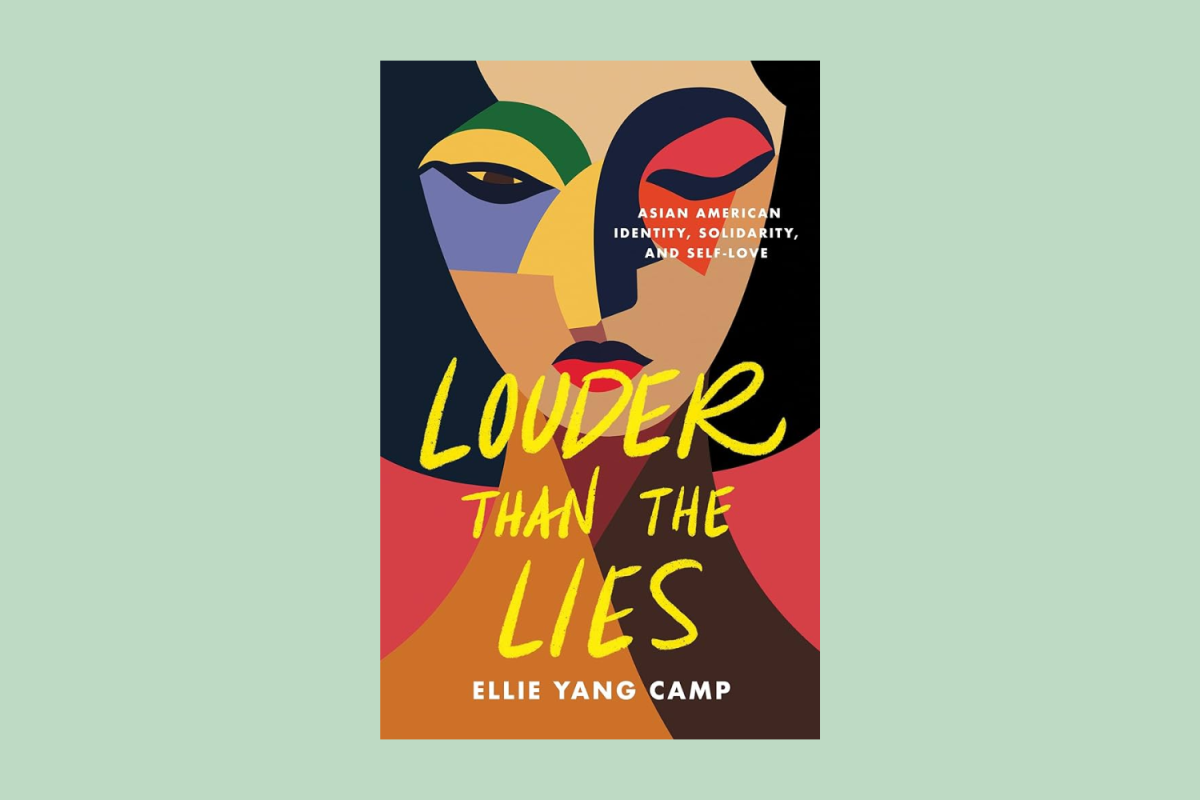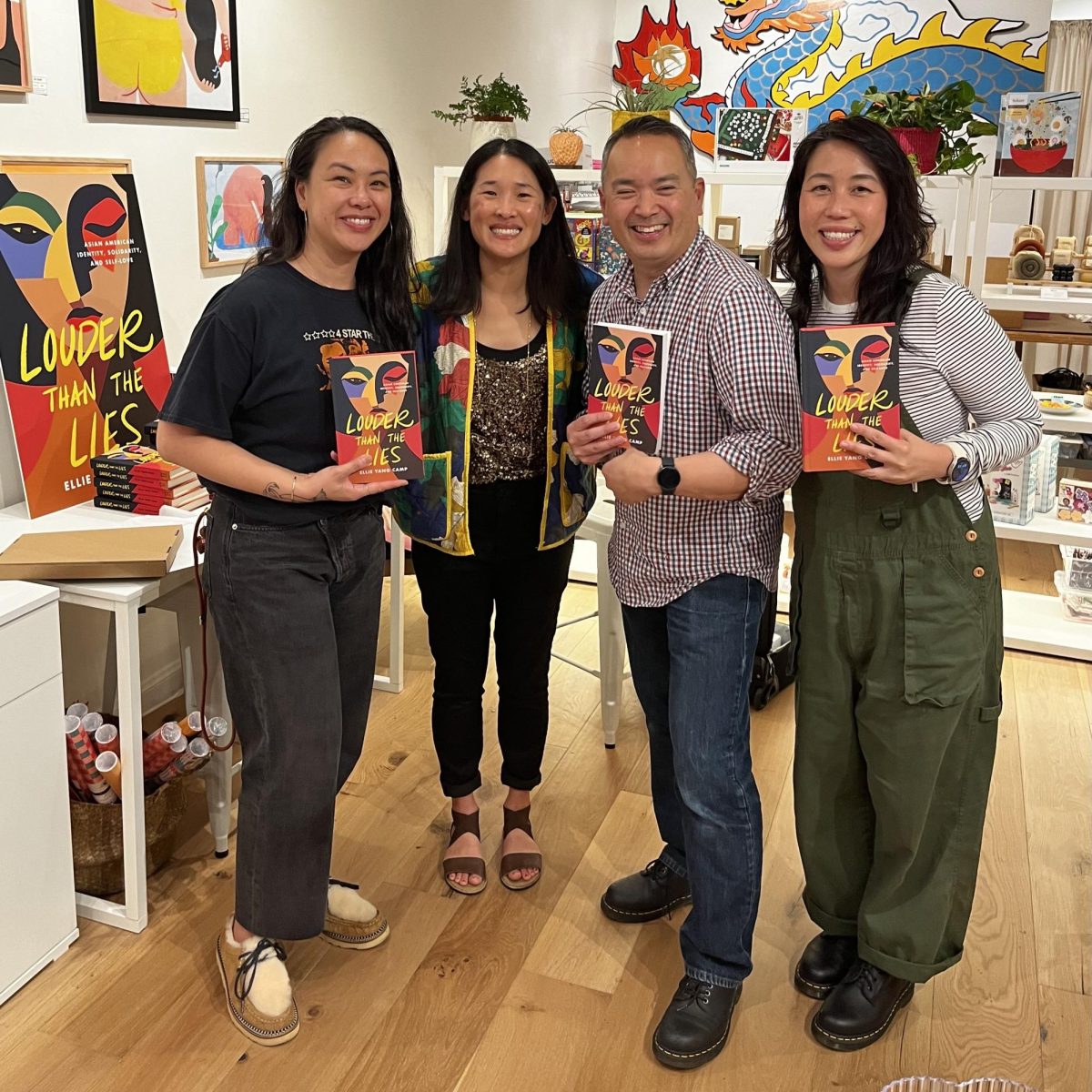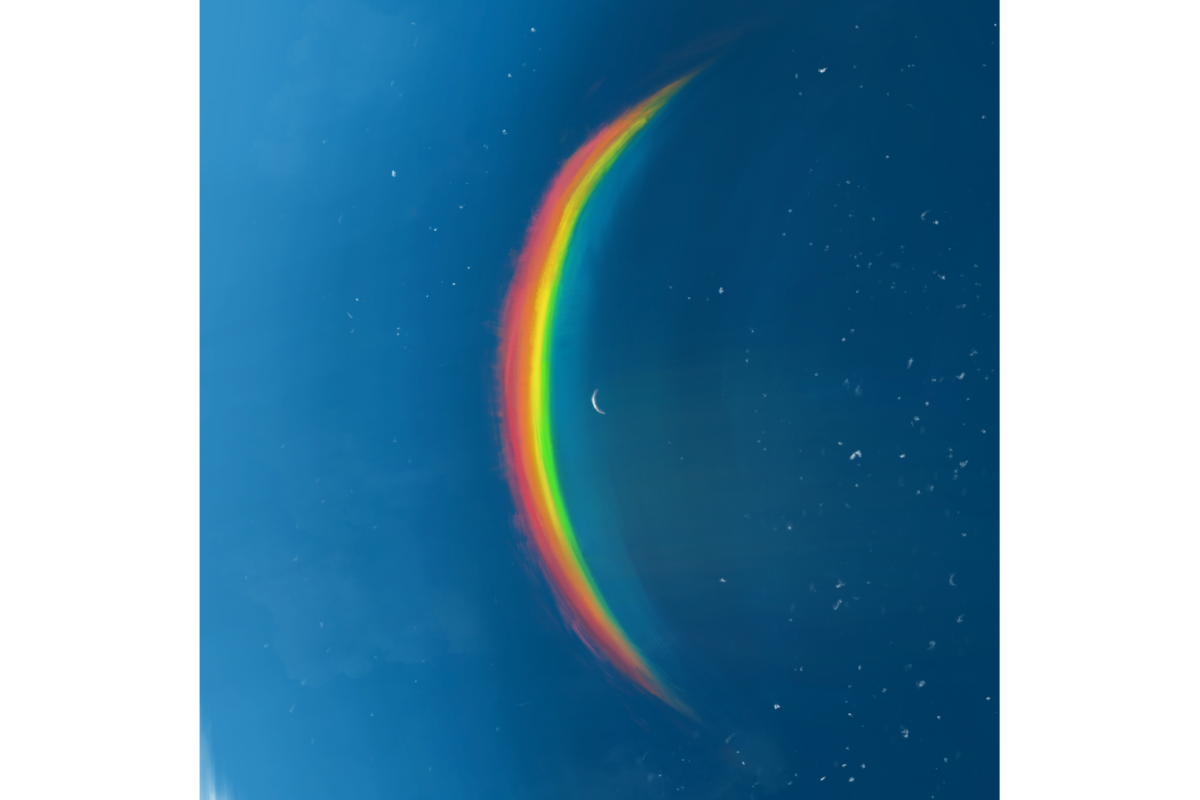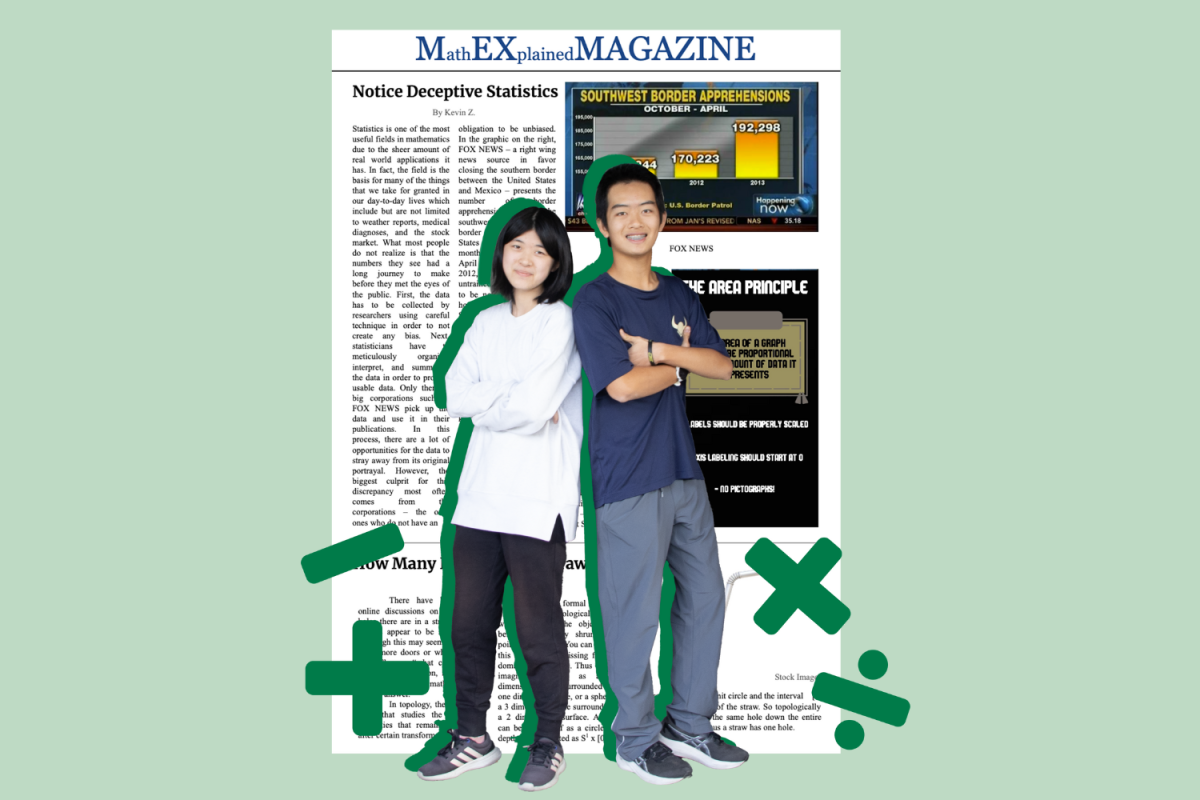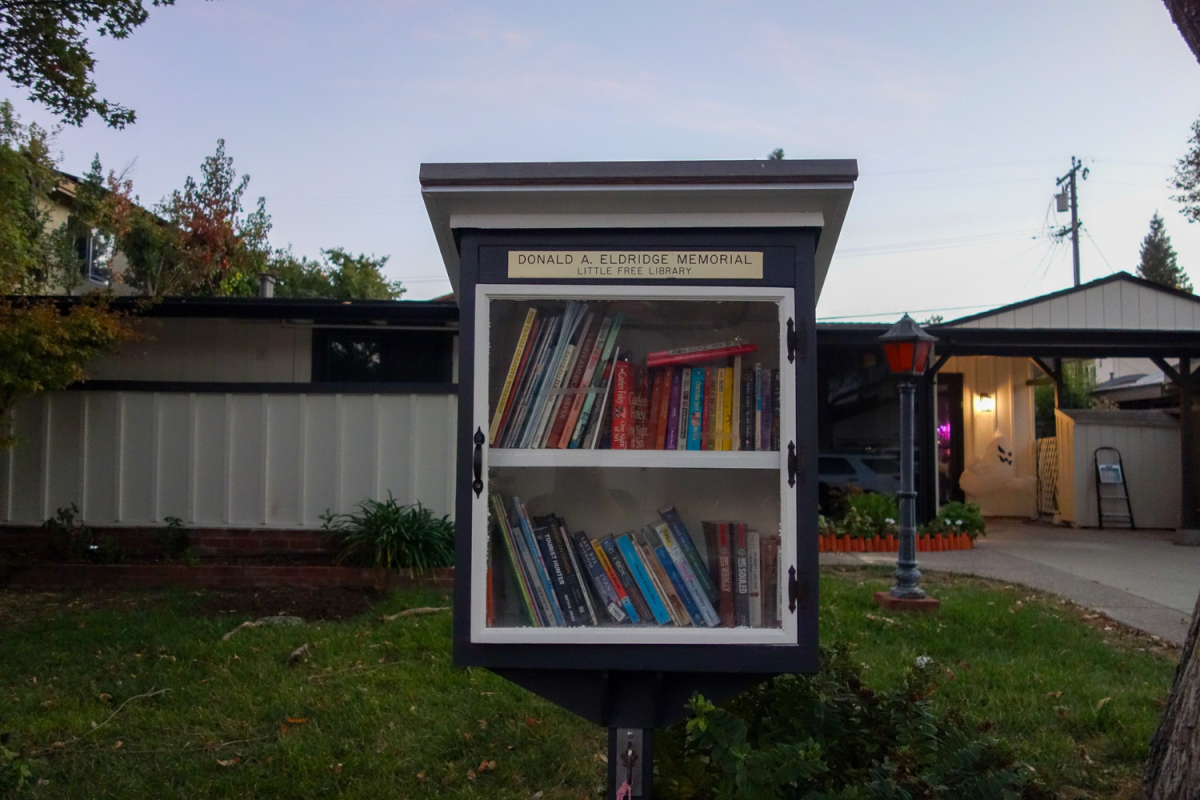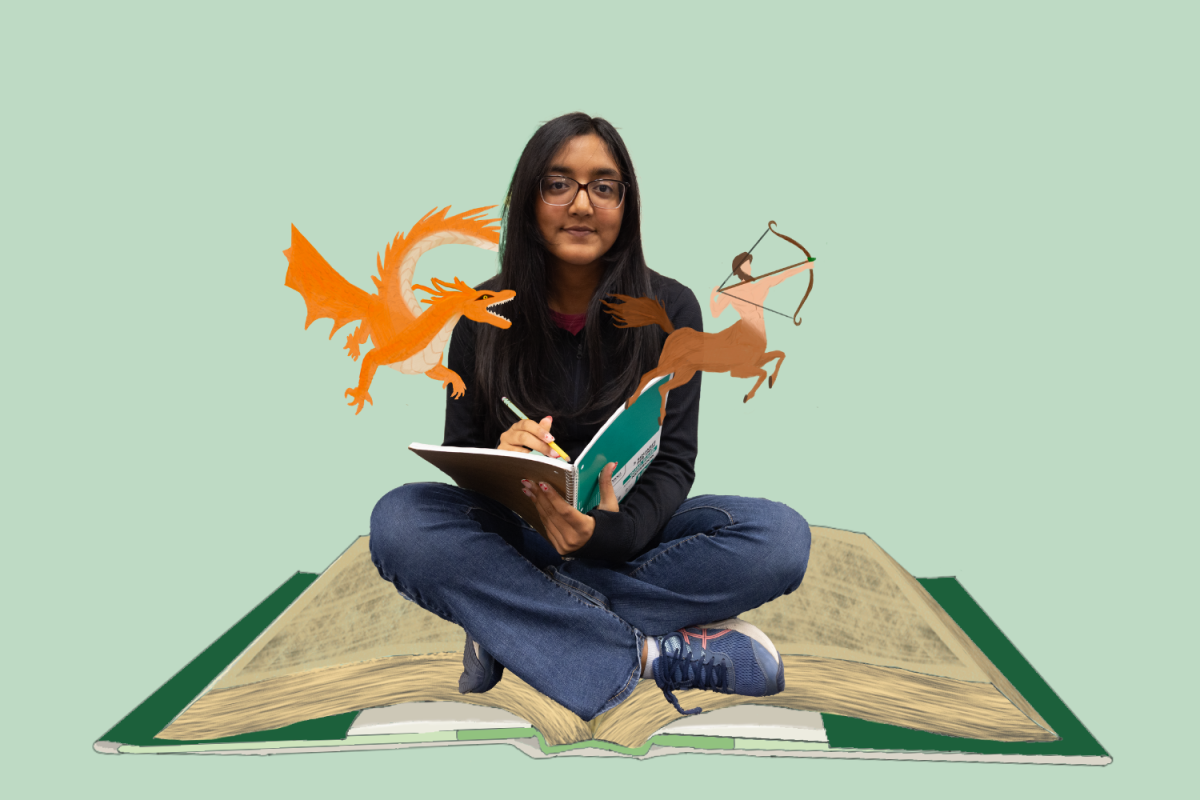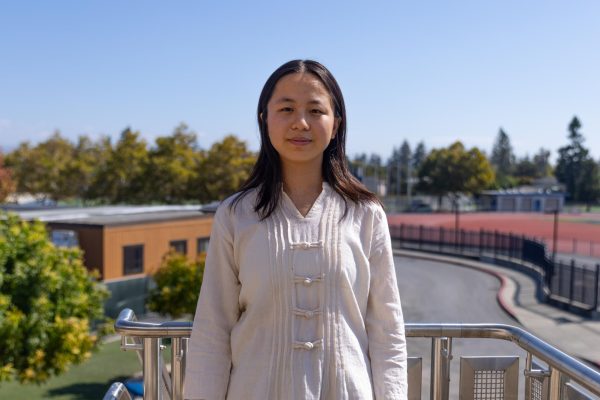“This is not a how-to book or a book of complete answers,” author Ellie Yang Camp asserts in the introduction of “Louder than the Lies.” “This book is like a map in progress.”
Reading it, the book seems nothing short of comprehensive; Camp — a former Lynbrook teacher — unflinchingly examines the heart of Asian American identity. Merging history, personal narrative and conceptual frameworks, “Louder than the Lies” dissects stereotypes and solidarity, pain and power alike.
Camp’s path to penning the book was not linear from start to finish, but a 20-year journey through territory both familiar and uncharted.
Seeking a school with a large Asian American population, Camp joined Lynbrook in 2003 where she taught mostly history and a few English Language Development classes. As an alum of Leland High School in South San José, which she remembers as predominantly white at the time, Camp was stunned — and inspired — by the casual Asian presence at Lynbrook.
“I remember being stunned that when there was a bake sale on Club Food Day, everything was Asian: boba, egg tarts, all of that,” Camp said. “At Lynbrook, because there were so many Asians, they just did everything, which affected my own view of what was possible for us.”
Camp left the classroom to care for her two children full-time after nine years at Lynbrook. From a broad passion for justice, she honed in on educating Asian Americans on race and history, independently developing curricular materials.
“If you try to learn about American racism, there’s very little that focuses just on Asian Americans,” Camp said. “We very rarely get space to just think about ourselves, and I really liked being in that space and helping to cultivate more spaces where we can do that.”
Amid the 2014 Black Lives Matter movement and the 2016 presidential election, frustrated by a lack of community discourse around race, she extended her classroom resources to workshops on race and history. Later, a mutual connection led her to teach a series of such workshops to basketball player Jeremy Lin and his business team.
“That was really formative for me because it was the first time I got to teach only Asian Americans, and because Jeremy was specifically asking about not just Asian American history but race,” Camp said. “That experience created a firm belief in me that something missing from a lot of Asian American understanding about race is an understanding of the larger system of white supremacy. Even if we learn about Asian American history, we’re not really learning about the entire context in which those stories happen.”
The epiphany spurred Camp to share materials from her workshops online to support like-minded educators. They caught the attention of her current book agent, who approached her about compiling her work into a book in the summer of 2020. In the blink of an eye, she was a prospective author.
Camp tackled writing from a teacher’s perspective, structuring the book like a lesson plan and prioritizing accessibility for Asian Americans of any background, from her former pupils to her Taiwanese immigrant parents. While she did not often write for enjoyment in her youth, the craft has always been a means of reflection.
“The older generation in my family are all immigrants and one of them told me, ‘Oh, we’re never going to be good at writing in English,’” Camp said. “‘We will never be as good as white Americans at language, so you shouldn’t even try.’ I heard those words before I even had a chance to figure out if I liked writing. But I kept a journal for years, and I would write to express my thoughts.”
Camp wrote around her children’s schedules. During the COVID-19 pandemic, that meant working during their virtual classes. Her home base was a small desk nestled snugly on her apartment landing, but she flitted between multiple places, especially as she approached darker, denser topics and at times struggled to produce her desired output.
“Sometimes I would go outside to the front porch,” Camp said. “Sometimes I would go to the library — I found that public spaces helped me focus more, so I would go to multiple cafés and boba shops.”
After three whirlwind years, Camp finished the first draft in mid-2023. Signing to a publisher earlier that year tightened her deadlines, exacerbating what Camp called a “whole roller coaster of emotions.”
“I don’t know if I’ve ever worked on something so hard in my life,” Camp said.
Completing the first draft set off multiple rounds of editing. Interviews with Asian American voices were incorporated into the book, and two Asian American history professors reviewed history-heavy chapters. Camp, who previously ran a calligraphy business, lettered the front cover title herself.
“My first reaction when I flipped through the book was, ‘Oh my gosh, she did it,’” Japanese teacher and Camp’s friend Jeremy Kitchen said. “It was just how Ellie would speak, and I was impressed by her insight throughout the book. She’s not a very public person, so to see her put herself out there was amazing.”
Ultimately, Camp hopes “Louder than the Lies” will spark honest conversations as a lodestar for a brighter future.
“The statistics on Asian American youth regarding mental health, suicide and other issues show that these are intense community problems that we need to be dealing with,” Camp said. “I think the book has the potential to speak to a lot of things that happen in Asian American communities that people don’t know how to talk about. I hope that it will help us understand the problems more, so we can come up with better solutions.”




























































